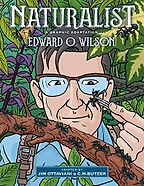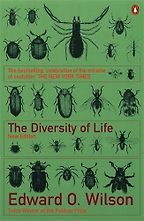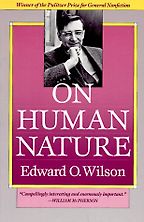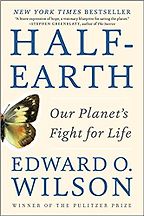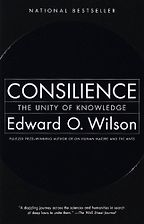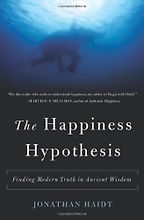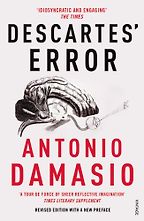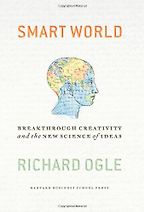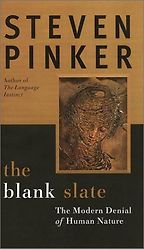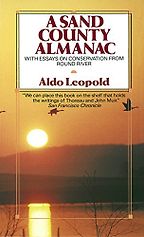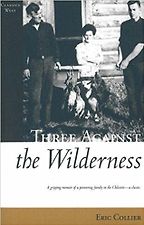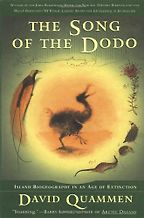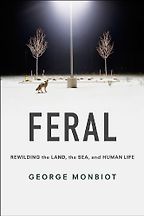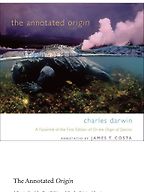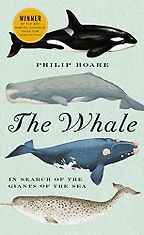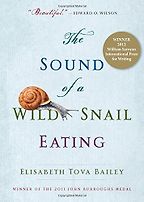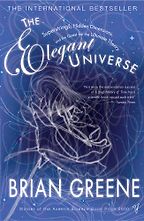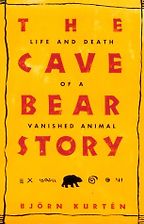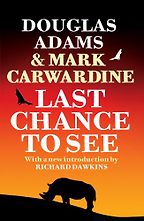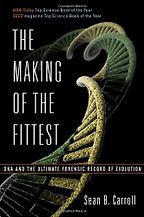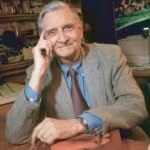
Books by Edward O. Wilson
Edward O. Wilson (1929-2021) was an entomologist who made seminal contributions to the study of evolution and ecology and is credited with creating the field of sociobiology. He was also one of the earliest voices to speak out about biodiversity loss.
Wilson was a gifted writer, the author of two Pulitzer Prize-winning books: On Human Nature and The Ants. He called his memoir, which captures his fascination with ants, Naturalist. His other books included Sociobiology, The Diversity of Life, The Future of Life, Consilience and In Search of Nature. An authorized biography of E.O. Wilson, by science writer Richard Rhodes, came out just before Wilson died at the age of 92 in 2021.
“The Insect Societies is a book by the most famous entomologist in 50 years. Edward O Wilson is a myrmecologist – that means he’s enamoured of ants, and it’s not difficult to understand why. Most insects are solitary. Ants are one of the few species among the 900,000 who are social. The elaborate social systems of some insects are amazing. Termites can build nests that tower over people. Honeybees live in communes of 30,000 to 50,000 individuals. The brilliant thing about The Insect Societies is that EO Wilson distills down the essence of social behaviour across all of these organisms. He finds the commonalities and the unique attributes of insect societies. And he writes about them in absolutely captivating prose. He is such a superb writer. Many might argue that he has written other books with a greater scientific impact – he basically created the field of sociobiology – but I think it all started with this book. It is crystal clear and so fascinating. He rooted out every interesting example that existed at the time and integrated them into a seamless story about how organisms learn to cooperate.” Read more...
May Berenbaum, Biologist
Naturalist: A Graphic Adaptation
by C.M.Butzer, Edward O. Wilson & Jim Ottaviani
This book is a wonderful graphic adaptation of biologist EO Wilson's memoirs. It's touching and enlightening and leaves you feeling excited about the natural world. It's also interesting for the light it sheds on what makes someone a great scientist. Wilson, born in 1929, won two Pulitzer Prizes for nonfiction for his books, one in 1979 for On Human Nature, and one in 1991 for The Ants, co-authored with German biologist Bert Hölldobler. EO Wilson's books—he wrote many—have also been frequently recommended on Five Books.
“E. O. Wilson is really well known as the king of biodiversity studies. He’s a conservation biologist, a really deep-thinking ecologist and he cares a lot about understanding how life exists, the diversity of life that exists, how many species there are, how many different habitats there are, and in particular what our influence on these different habitats has been. In this book, he walks through multiple extinction events. The most famous extinction event is the end of the Cretaceous, when the dinosaurs went extinct. But the most dramatic was the end of the Permian, which was about 245 million years ago, when something like 95% of all species on the planet went extinct at the same time.” Read more...
The best books on Extinction and De-Extinction
Beth Shapiro, Biologist
“On Human Nature is an absolutely fascinating book, in which a biologist applies the laws of nature to understanding things like the urge for religion and the impulse for altruism. He writes fundamental things about how we work and tries to explore the biology of these things, which are so central to our understanding of human beings but which seldom come up in the field of biology. Wilson has such an interesting mind, and also is a wonderful writer. Actually he is the only writer to have won two general nonfiction Pulitzer prizes. His style is almost poetic. There is a real beauty to the way he writes, and a love of his subject that comes through.” Read more...
Mark Kurlansky, Science Writer
“I simply love the title of this book. It proposes that the situation facing our planet in environmental terms is so dire it can only be solved by dedicating half the earth’s surface to nature. It’s bold, it’s prescient and it hammers the message home: the biosphere does not belong to us, and if we ignore it, we will eventually, inevitably, become the perpetrators of our own extinction. I particularly appreciate his rebuttal of the ‘anthropocenists’ – those who believe we can solve our ecological crisis by high technology alone, that we can invent our way out of this mess. Wilson is a giant amongst biologists and understands biodiversity – and our impact upon it – like no other. So his words carry great traction. He is also a wonderful writer and one of those rare scientists who can communicate his inestimable knowledge with clarity and humility to the rest of us. I hope, more than anything, that the idea of ‘half earth’ is with us to stay.” Read more...
“Wilson makes the argument – or rather the prediction – that a lot of the disciplines we have separated human behaviour into are obsolete, and that we are on the verge of unifying knowledge in an interdisciplinary way. And that’s important because if you look around at various fields, what Wilson predicted a decade ago is actually happening with neuroscience. There’s a field of neural economics, which is a combination of economics and neuroscience, there’s neural this and that, basically neural everything: literary critics, historians. People in many different disciplines are using this work on the brain to illuminate their thinking. And in this way, I think what they’re finding in our unconscious mind will have the same sort of influence that Marx had, and that Sigmund Freud had, namely an entire new vocabulary, that will help define a lot of different fields.” Read more...
The best books on Neuroscience
David Brooks, Journalist
Interviews where books by Edward O. Wilson were recommended
The best books on Neuroscience, recommended by David Brooks
It’s hard to understand many things about the world around us without a knowledge of the unconscious workings of the brain, argues the New York Times columnist David Brooks. He chooses five accessible books that’ll get you into neuroscience as well.
The best books on Wilding, recommended by Isabella Tree
Is there room for both humans and wild nature to flourish on an increasingly crowded planet? The author Isabella Tree argues that ‘wilding’ can be benefit both, and chooses five books to support her case.
Favourite Science Books, recommended by Mark Kurlansky
The bestselling author of Cod and Salt tells us about five science books he loves—from whales and snails to evolution and string theory—all of which make difficult subjects accessible
The best books on Extinction and De-Extinction, recommended by Beth Shapiro
Evolutionary biologist Beth Shapiro tells us why it’s impossible to clone a mammoth, and why we might want to. She guides us through five inspiring books to get us thinking about extinction and the role genetics could potentially play in maintaining biodiversity.
The best books on Bugs, recommended by May Berenbaum
Insects outnumber us, outweigh us, and without them ecosystems would collapse. In short, we live on their planet. The entomologist explains why we should value bugs more – even, or especially, the carrion beetles and dung feeders

